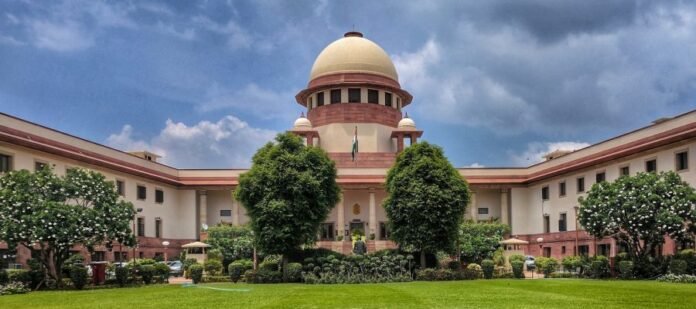PIL by Lok Prahari seeks a transparent process for appointing a politically neutral CAG, challenging current practice under Article 14.
A public interest litigation (PIL) before the Supreme Court challenges the appointment of K Sanjay Murthy as CAG, urging a clear and independent selection mechanism.
A public interest litigation has been filed before the Supreme Court by the NGO Lok Prahari, questioning the appointment of K Sanjay Murthy as the Comptroller and Auditor General of India (CAG) and seeking a transparent mechanism for appointing a “politically‑neutral person” to this high constitutional office.
The petition argues that the current selection process—where the CAG is appointed solely on the recommendation of the Prime Minister and formally appointed by the President—is opaque and arbitrary, and thus undermines the independence of the office The Tribune.
Lok Prahari contends that this system violates the equality clause under Article 14 of the Constitution and deviates from the intent of the Constituent Assembly. The PIL calls for the establishment of an independent and neutral selection committee, similar to systems in place for appointments to the Information Commissions and Central Vigilance Commission The TribuneThe StatesmanMorungExpress.
The proposed committee would include the Prime Minister, the Leader of the Opposition, and the Chief Justice of India, aiming to ensure impartiality and institutional integrity The Tribune+1.
During a March 17 hearing, the Supreme Court Bench—comprising Justices Surya Kant and N. Kotiswar Singh—issued notice to the Centre and tagged the Lok Prahari petition with a pending PIL on a similar issue, seeking the government’s response MorungExpressThe StatesmanThe Economic Times.
The petitioner’s counsel, Prashant Bhushan, argued that unchecked executive control over the appointment process compromises the CAG’s independence, especially in carrying out audits objectively. He pointed to diminishing independence in recent years and major delays in audit reports, particularly from states ruled by the ruling party The Economic TimesThe Statesman.
While the Court acknowledged its constitutional obligation to uphold institutional autonomy, it also expressed cautious willingness to examine whether judicial oversight is warranted, given the protections afforded to the CAG under Article 148 and the Comptroller and Auditor General’s (Duties, Powers and Conditions of Service) Act, 1971 MorungExpressThe Economic Times.
On August 1, 2025, the Supreme Court asked the Centre to file its reply within four weeks and gave Lok Prahari two weeks’ time to submit a rejoinder. The Bench reiterated the importance of trusting constitutional institutions while balancing accountability and independence The Tribune.
Internal Links (embedded naturally):
As India’s constitutional watchdog like the CAG plays a vital role in financial accountability, readers may also explore related legal commentary and popular coverage on our platform, such as insights on constitutional roles in The Legal Observer and in-depth debates in our Most Popular and Views sections.
External Link:
Vision for a transparent appointment mechanism echoes broader reforms featured on The Legal Observer’s YouTube channel, where legal experts frequently discuss institutional independence and governance challenges: The Legal Observer on YouTube.




